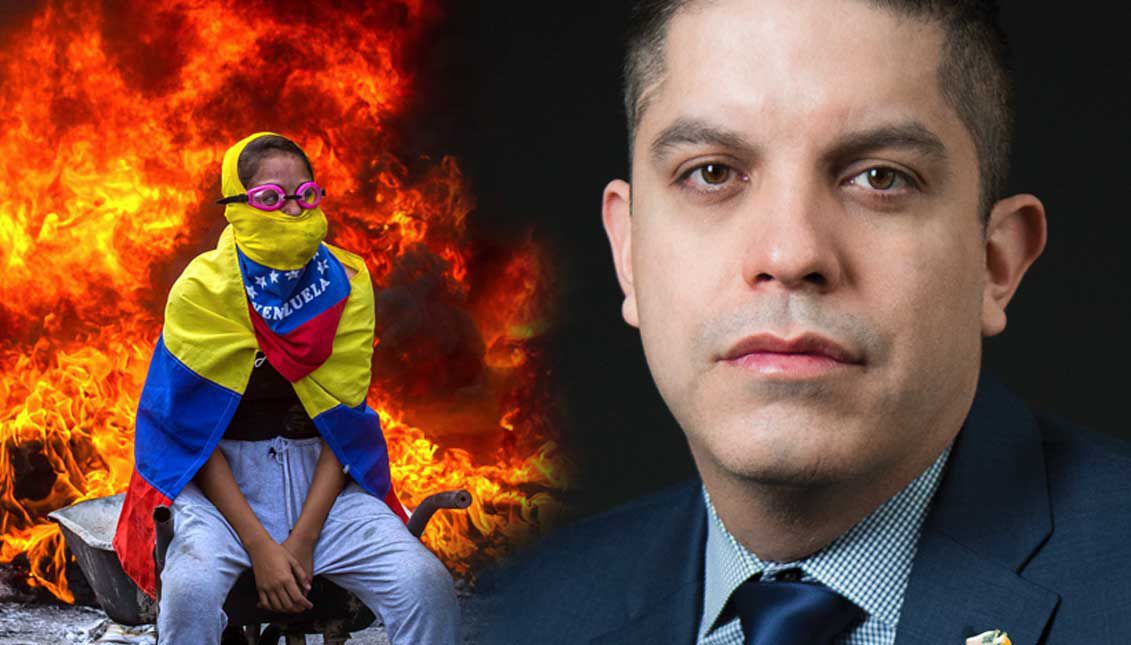
"We are united by the pain of what happens in our beloved Venezuela"
AL DIA interviewed Fernando Torres, President of Casa de Venezuela, a non-profit organization in Philadelphia that defends the rights of Venezuelan immigrants…
Fernando Torres immigrated to the United States 21 years ago, in search of a better life. Born in a humble family in San Cristóbal, in the south west of Venezuela, Torres, who hardly spoke English, settled in Arizona, where his uncle lived. He worked there as hard as he could to pay for his education.
"I wanted to be an astronaut", confesses this Venezuelan engineer, who’s been working for the last two years as the president of Casa de Venezuela, a non-profit organization that watches over the culture and interests of the Venezuelan community in the metropolitan area of Philadelphia.
The story of how Torres came to Philadelphia has a lot to do with his American dream. He graduated in aerospace engineering from the Arizona State University and shortly after began working for a leading multinational supplier for the aeronautical and oil sector. He stayed in Arizona until 2007, when, fed up with the anti-immigrant policies of Sheriff Joe Arpaiothe, he began to consider moving to a city with less social tension and more benevolent to its immigrant community.
The opportunity arose when the company offered him to come to work at its Philadelphia offices, where over the years he has been promoted to international strategies director.
"It doesn’t matter if you are undocumented or if you don’t speak English well, this is the country of opportunities. We must continue to strive,” is Torres’ message to the dozens of Latino immigrants - especially Venezuelans - who come to the United States looking for a better future.
"It doesn’t matter if you are undocumented or if you don’t speak English well, this is the country of opportunities. We must continue to strive”
Known for his hardworking spirit and commitment to human rights, the board of directors of Casa de Venezuela nominated him two years ago to be the organization’s new president, taking advantage of a strategic shift in the organization's objectives.
"Casa de Venezuela was created in 2006 with the initial idea of maintaining and promoting Venezuelan culture in Philadelphia: music, folklore, dances, theater ... The people involved were people who had lived in Philly for a long time, and wanted to teach their children about our country’s culture," explains Torres in an interview with AL DÍA NEWS.
But during the last few years, masses of Venezuelans began to arrive in the city - "and another one arrives, and another, and another..." - and the board of directors realized that a change needed to take place.
"They needed to expand the mission. It was important to promote culture, but it was also important to tell the world what was happening in our country and help the compatriots who were arriving," Torres explains, referring to the socio-political crisis that his country has been experiencing for years.
Therefore, since Torres assumed the presidency in 2016, Casa de Venezuela has focused mainly on two new objectives: to inform and raise awareness among the population, both locally and nationally, of the humanitarian crisis suffered by Venezuela, and to educate the Venezuelan community of Philadelphia on fundamental issues of American society such as health and immigration.
"There is a lot of scam to Latino immigrants here in the US, especially among newcomers. There are people who pretend to be lawyers using the title of notaries; they promise that they will get you a green card, that they will help you obtain citizenship ... something that is practically impossible!", Torres comments.
To avoid scams, Casa de Venezuela makes a trustworthy and verified list of lawyers and non-profit organizations available to the community, while also organizing seminars and information workshops on how to take out health insurance, save for retirement, or how to register to vote.
"Everyday we get a lot of consultations on issues related to visas and immigration," he explains.
Another of the primary objectives of Casa de Venezuela is to pressure Washington to get Congress to approve a Temporary Protected Status (TPS) for Venezuela, "given the political and humanitarian crisis the country is going through," Torres says.
The TPS is a judicial mechanism approved by Congress in 1990 that allows granting a temporary protection status - something similar to "political asylum" - to all those immigrants in the United States for whom going back home puts their lives at risk, be it due to the existence of an armed conflict, an environmental catastrophe or other extreme conditions.
Torres is aware that it’s not going to be easy: "We have seen just now how the Trump Administration has withdrawn the TPS for Hondurans. We are worried," he says. However, he won’t lose hope. There are already several congressmen, both Democrats and Republicans, who have publicly supported the cause.
Among them are Senators Bob Menendez (D-NJ), Marco Rubio (R-FL), Bill Nelson (D-FL), Congressmen Debbie Wasserman Schultz (D-FL), Ileana Ross-Lehtinen (R-FL), Carlos Curbelo (R-FL), and soon the Democratic congressman from Philadelphia Dwight Evans, according to Torres.
Despite the anti-immigration policy promoted by President Trump, Torres is convinced that they will get enough support to have the TPS approved for Venezuela.
"In Florida, the congressmen have realized that Venezuelans are already an important voting force, apart from the Cubans," says the president of Casa de Venezuela.
But there are other reasons. On the one hand, "the Venezuelan immigrant arrives with a fairly high level of education," explains Torres. And, secondly, there is a political interest in what happens in Venezuela, "a country that has oil...", he adds.
To achieve its objectives, Casa Venezuela in Philly collaborates closely with Venezuelan organizations in other cities: "New York, Boston, Kansas City.... we want to be the example for the rest of the nation's communities. We want to show that with good legal training you can get things done," he explains.
According to Torres, the efficiency of Venezuelans to organize themselves as a community is an inheritance from their past. "After the Second World War, many European immigrants arrived in our country. Italians, Germans, Portuguese ... they organized themselves in their own colonies, they had their food, their shops ... We learned from them," he explains.
Apart from communication and lobbying projects, Casa de Venezuela also organizes charitable activities to help the population in their country, wrapped in a spiral of unprecedented crisis and insecurity.
One of the most important activities is the collection and shipment of medicines from Philadelphia. It is a complicated operation, since drug shipments are stringently monitored and must pass many state controls, but Casa de Venezuela tries to work directly with local organizations to ensure they reach their destination. One of them is the "Cascos Verdes", medical students of the Central University of Venezuela who help people in the streets of Caracas.
"One of the things that most unites us all - from the immigrant who has just arrived to the third generation Venezuelan - is the pain of seeing what is happening in our beloved Venezuela," says Torres, who has his father, grandparents and his older sister still living in San Cristóbal. The last time he visited them was three years ago. Now he does not dare to return, for fear of his safety.
Last July, Casa de Venezuela, like many other communities of the Venezuelan Diaspora around the world, organized an electoral consultation on Maduro’s reform in Philadelphia.
RELATED CONTENT
"In that moment we felt more united than ever. Long lines were formed under the sun," he recalls, proudly.
He doesn’t forget to emphasize, therefore, the support of Mayor Kenney, which allowed them to hold the referendum in front of City Hall, and helped them in other events in the past.
"Mayor Kenney has helped us a lot," he says. "As a descendant of Irish, Kenney knows first-hand what discrimination is."
The relationship with the Venezuelan consul in New York, on the other hand, is virtually zero.
"One of the greatest sorrows for those of us who are American citizens is that we have to wait more than 18 months to obtain the Venezuelan passport," says Torres. The Venezuelan passport is necessary to be able to visit the country.
On the other hand, requests for political asylum by Venezuelans in the US have tripled in recent years, displacing China, the leading country in asylum requests for a long time.
"We have to protect those who are already here. That's why we need the TPS," he says.
In Europe, the Venezuelan community is also mobilized. Gerali Rodríguez, a young marketing specialist who arrived in Spain three years ago fleeing the political chaos, inflation and insecurity experienced then in Caracas, is now in Barcelona.
"Now the situation is even worse", explains Rodríguez, while she sips on her chicha , a traditional drink, at a popular Venezuelan coffee shop in Barcelona.
Since she arrived in Spain, Rodríguez has focused on promoting activities to help her compatriots in Venezuela, where her parents still live, while at the same time she shares information about what is happening in her country.
One of the latest initiatives has been the design of some charitable bracelets with the colors of the Venezuelan flag and the message "Te Apoyo Venezuela" (“I stand with you, Venezuela), which they sell for 3 euros (about 3.6 dollars). The money raised is used to send medicines to Venezuela through a Spanish NGO (Asociación Lean).
“There hasn’t been basic medicines such as paracetamol or anti-inflammatories in Venezuela for over three years,” criticizes Rodriguez, who combines her work with her humanitarian commitments.
Rodríguez is also the representative in Barcelona of Un Mundo sin Mordaza (A World Without Gags), an organization founded in 2009 by Venezuelan students to denounce the lack of political freedoms and human rights in their country.
"In the last three years more than two million people have left the country, like me," explains Gerali, who before leaving Caracas had a good position in the marketing department of a bank. "You know you're going to have to start from scratch, but you'll have a better life and you can live in peace. Without fear of being robbed or imprisoned for thinking differently," she concludes.
[node:field_slideshow]



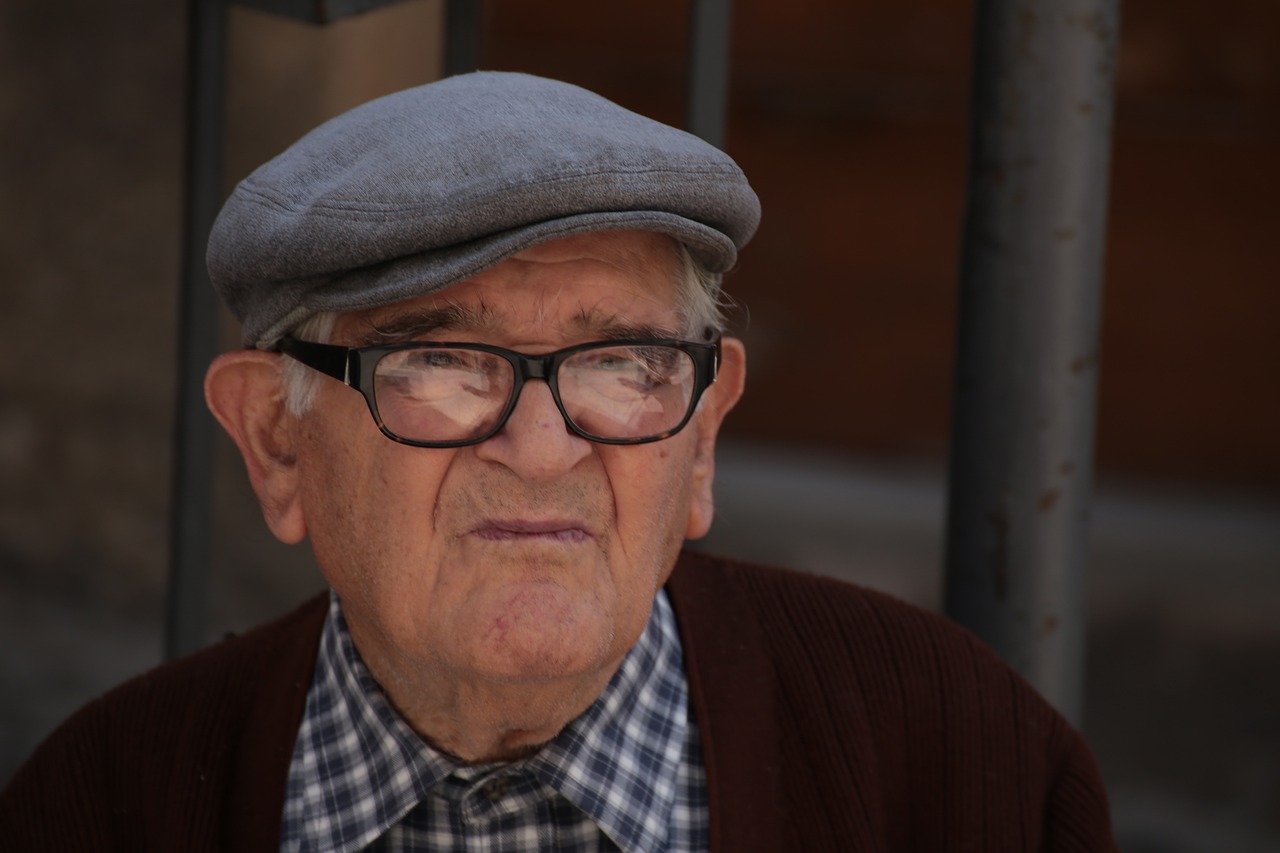
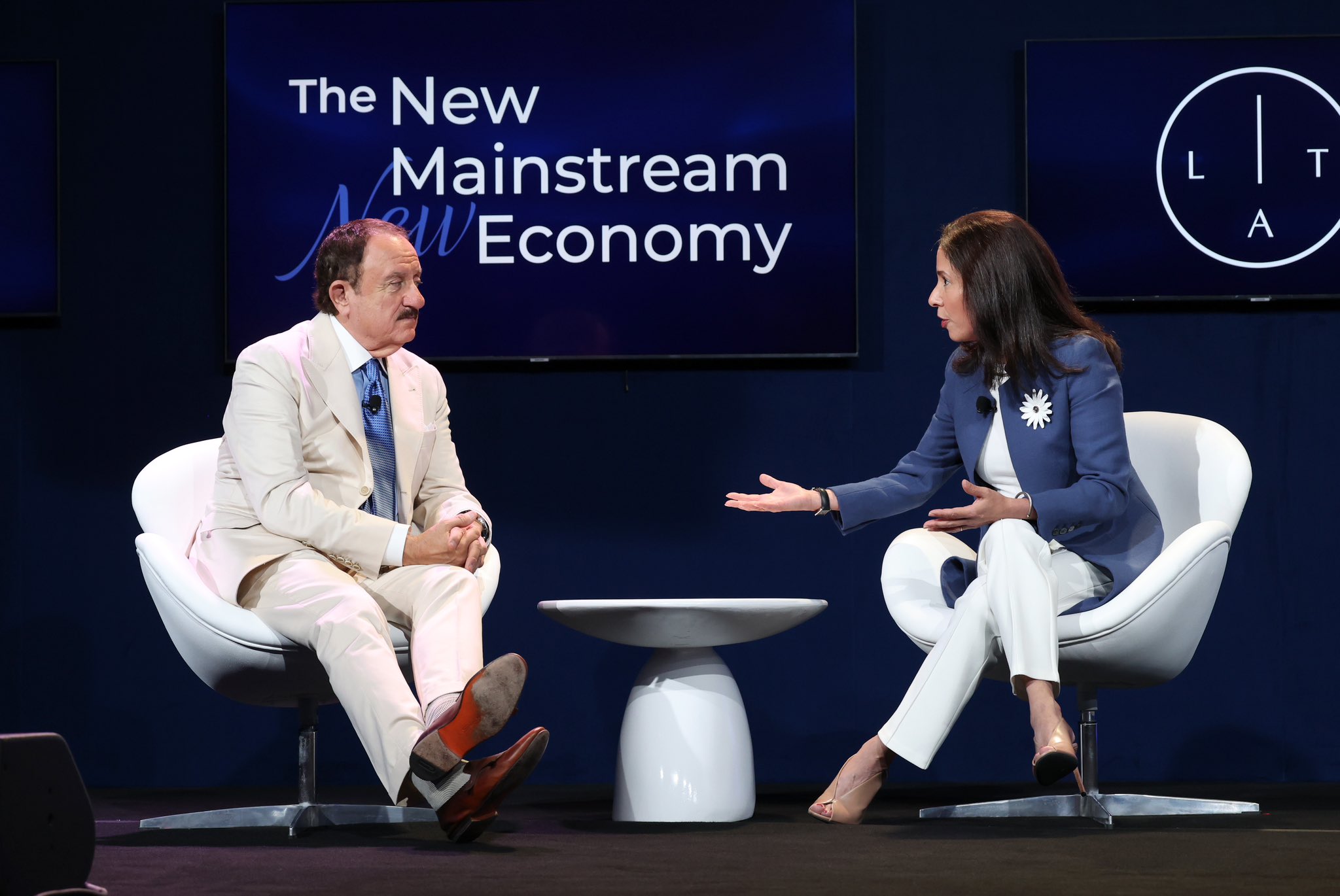
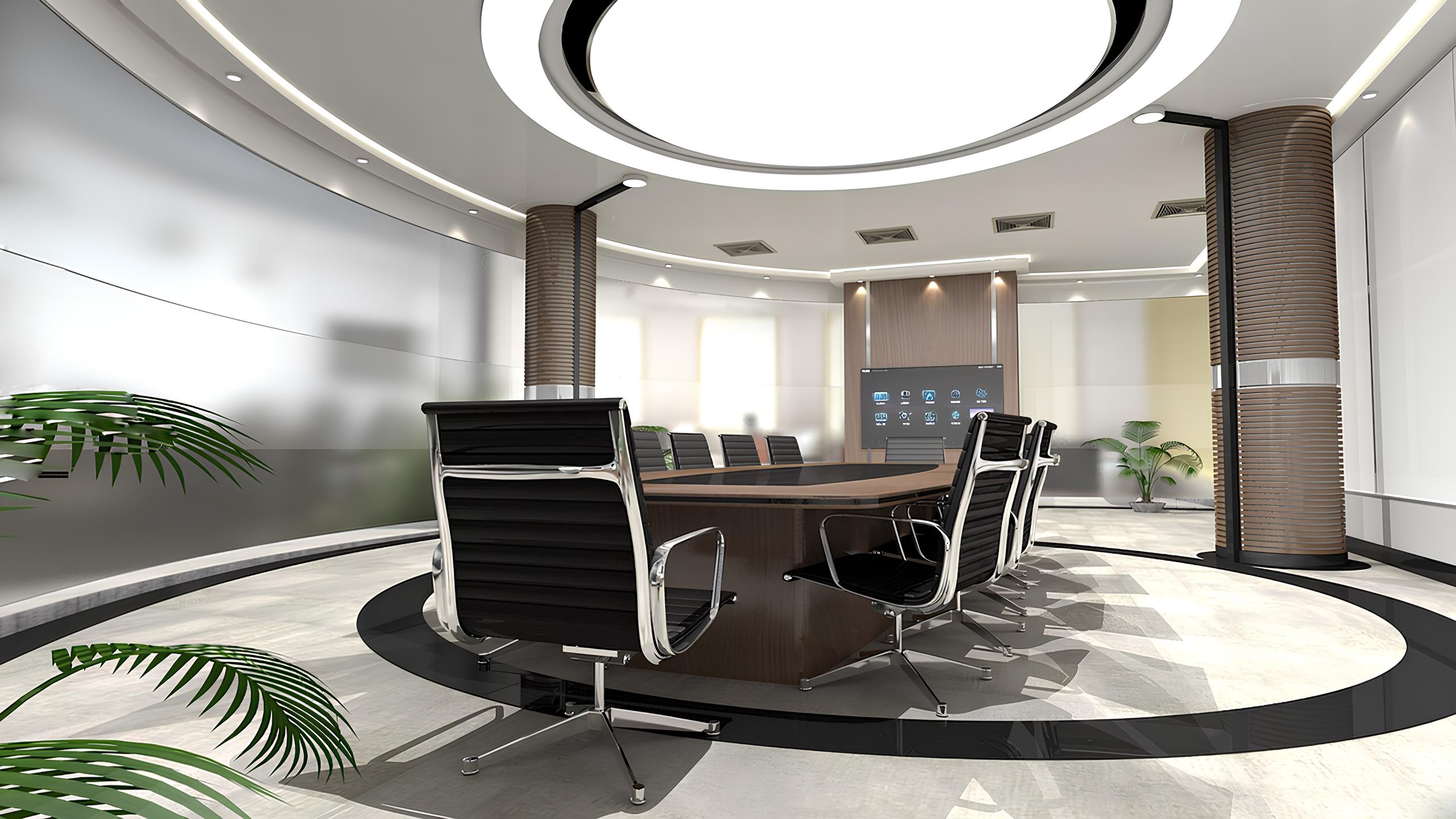
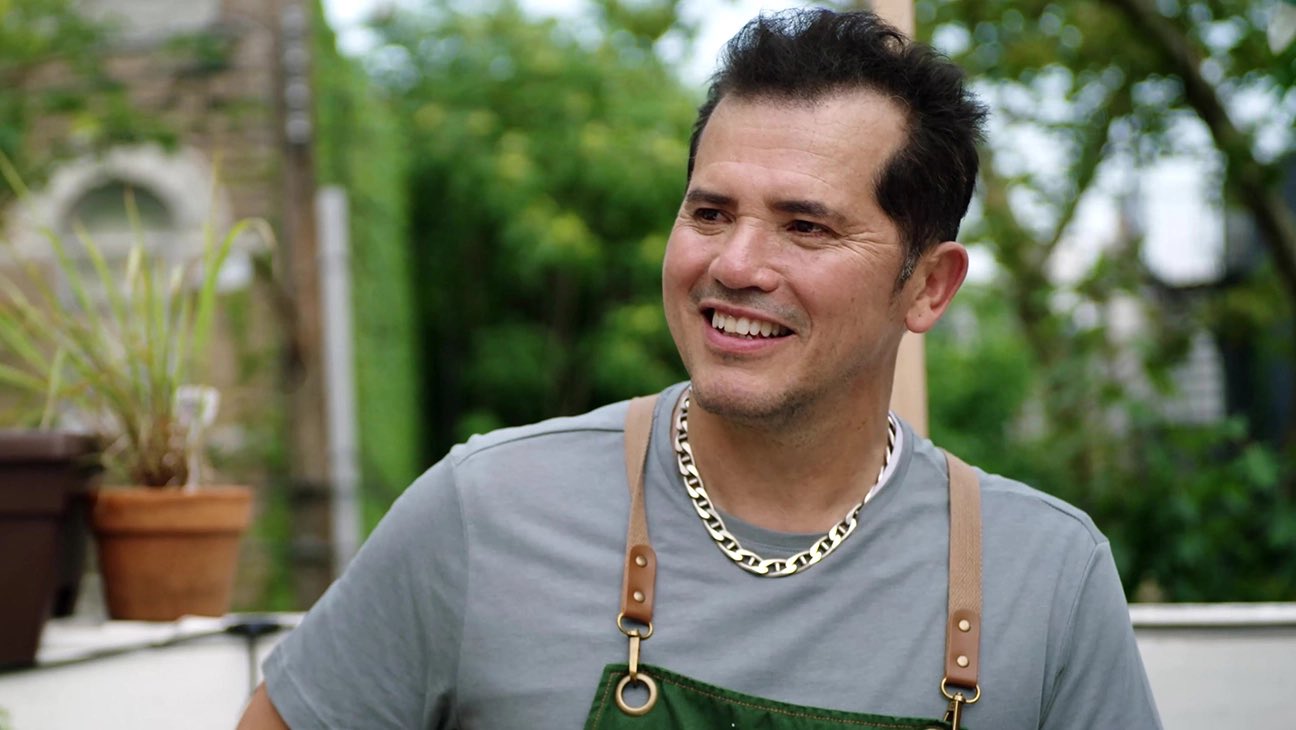
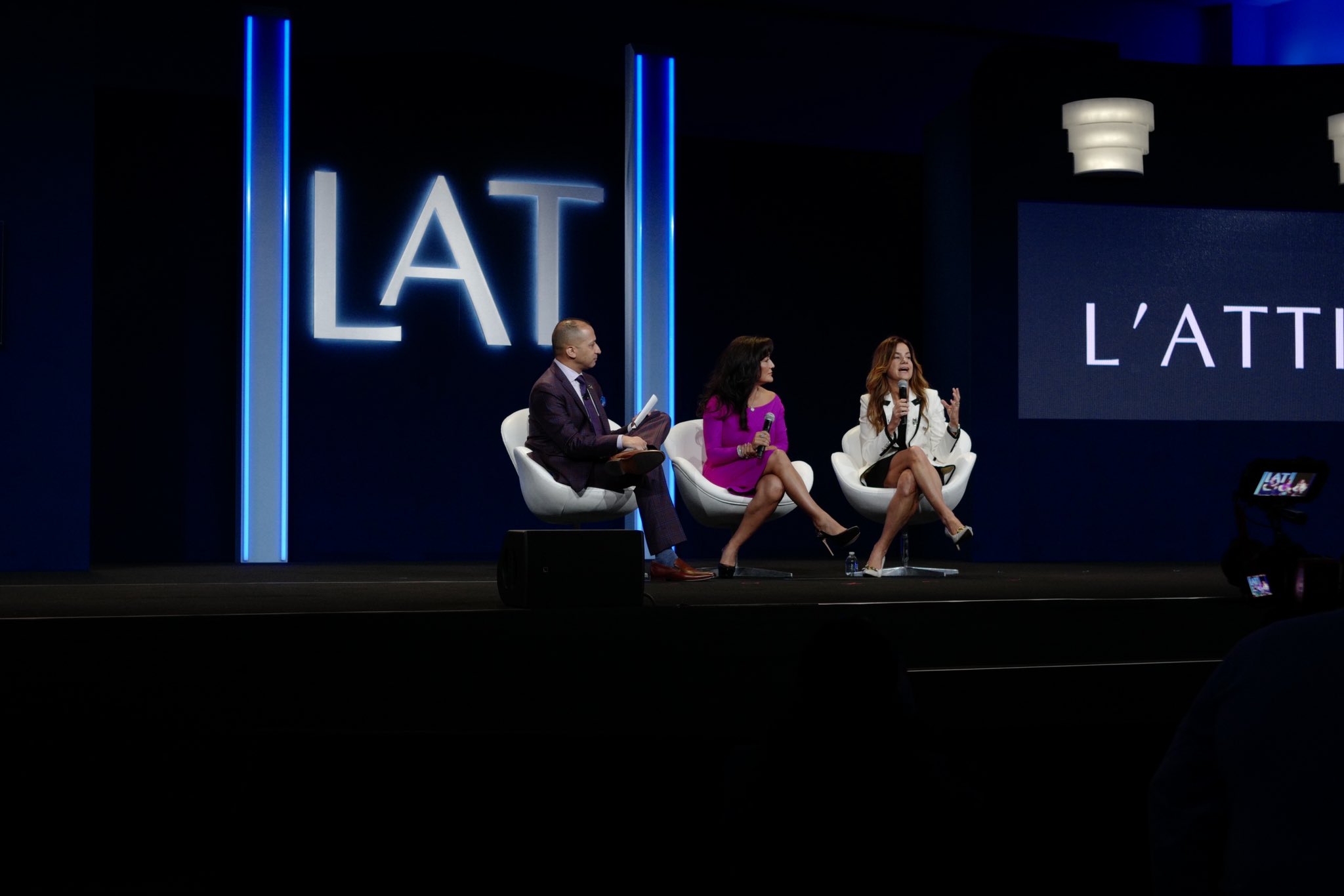
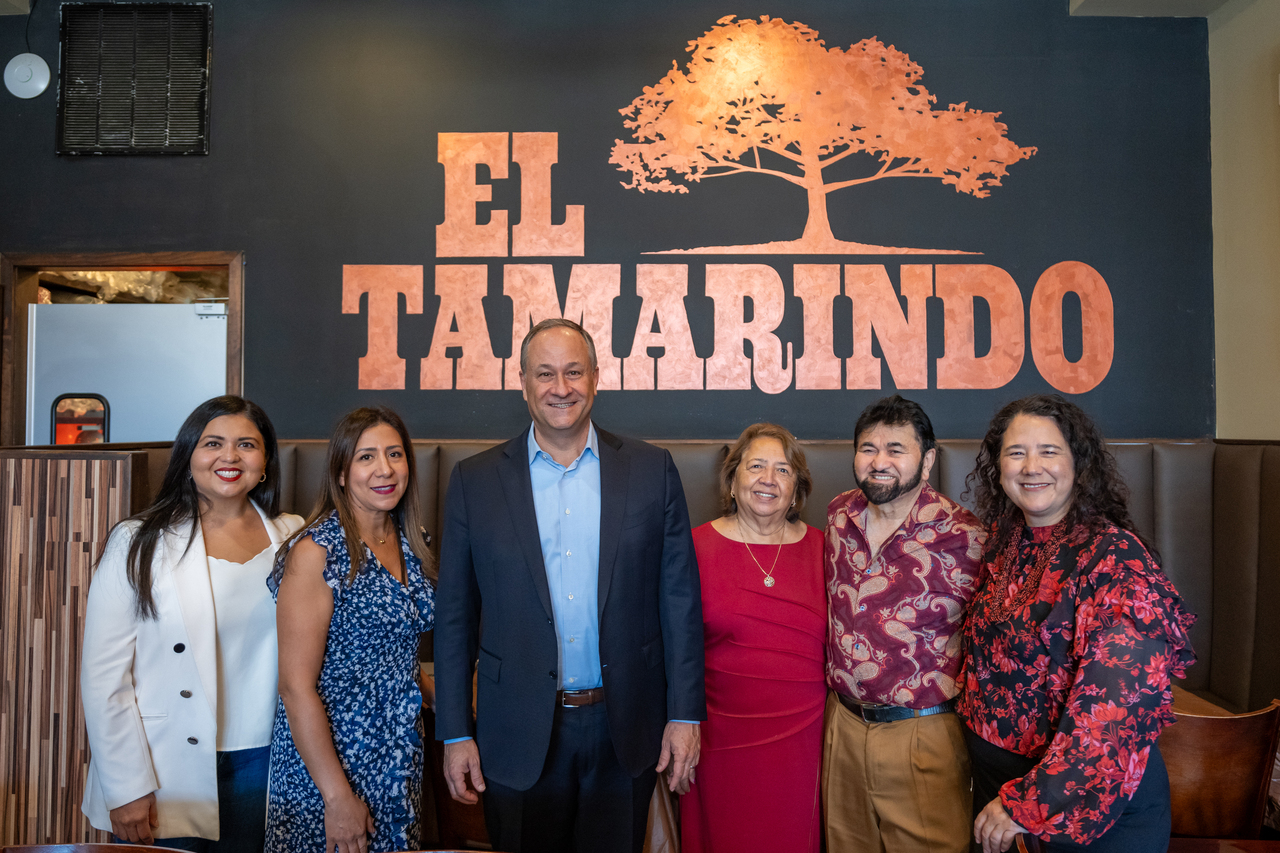
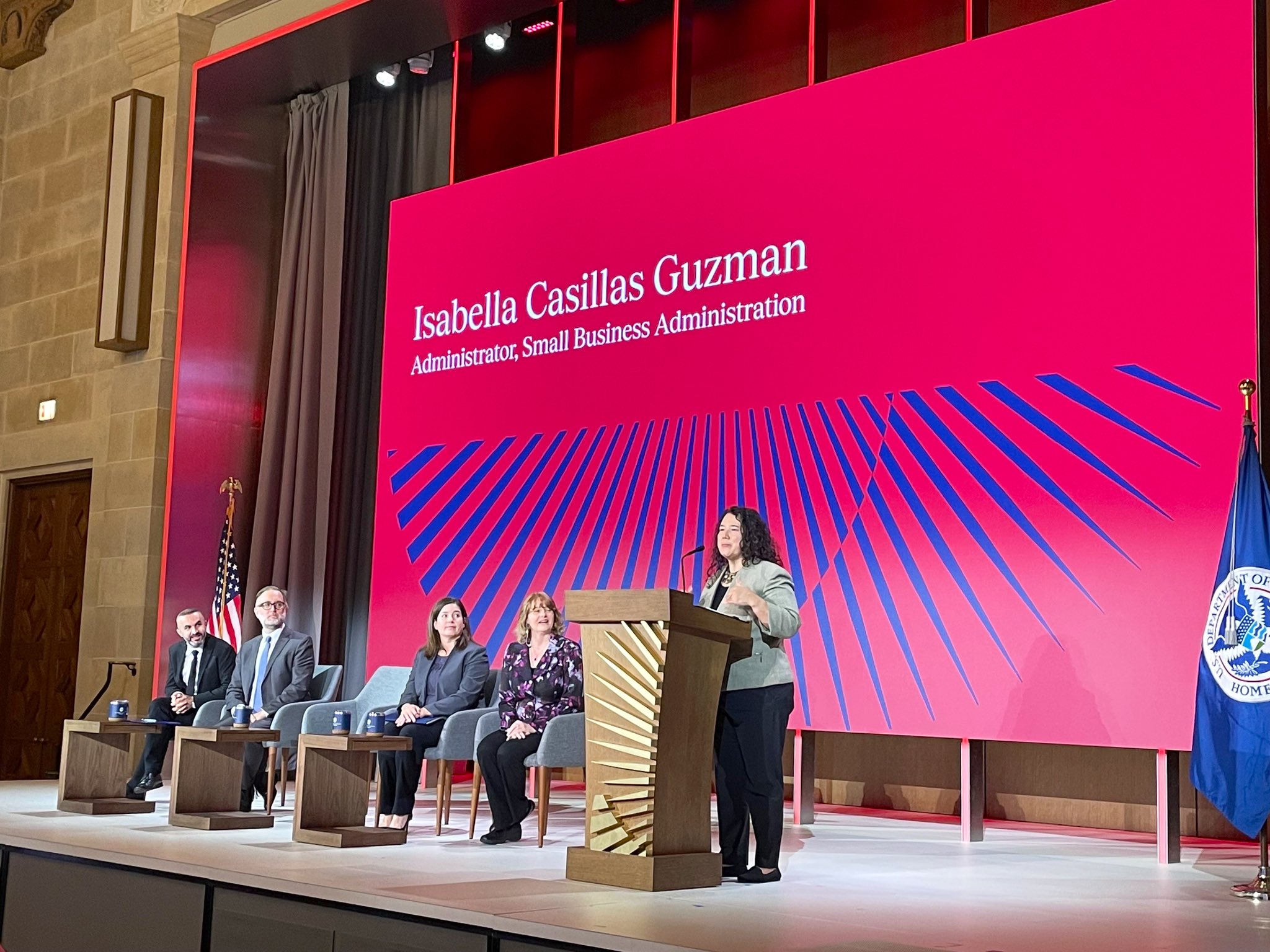

LEAVE A COMMENT:
Join the discussion! Leave a comment.